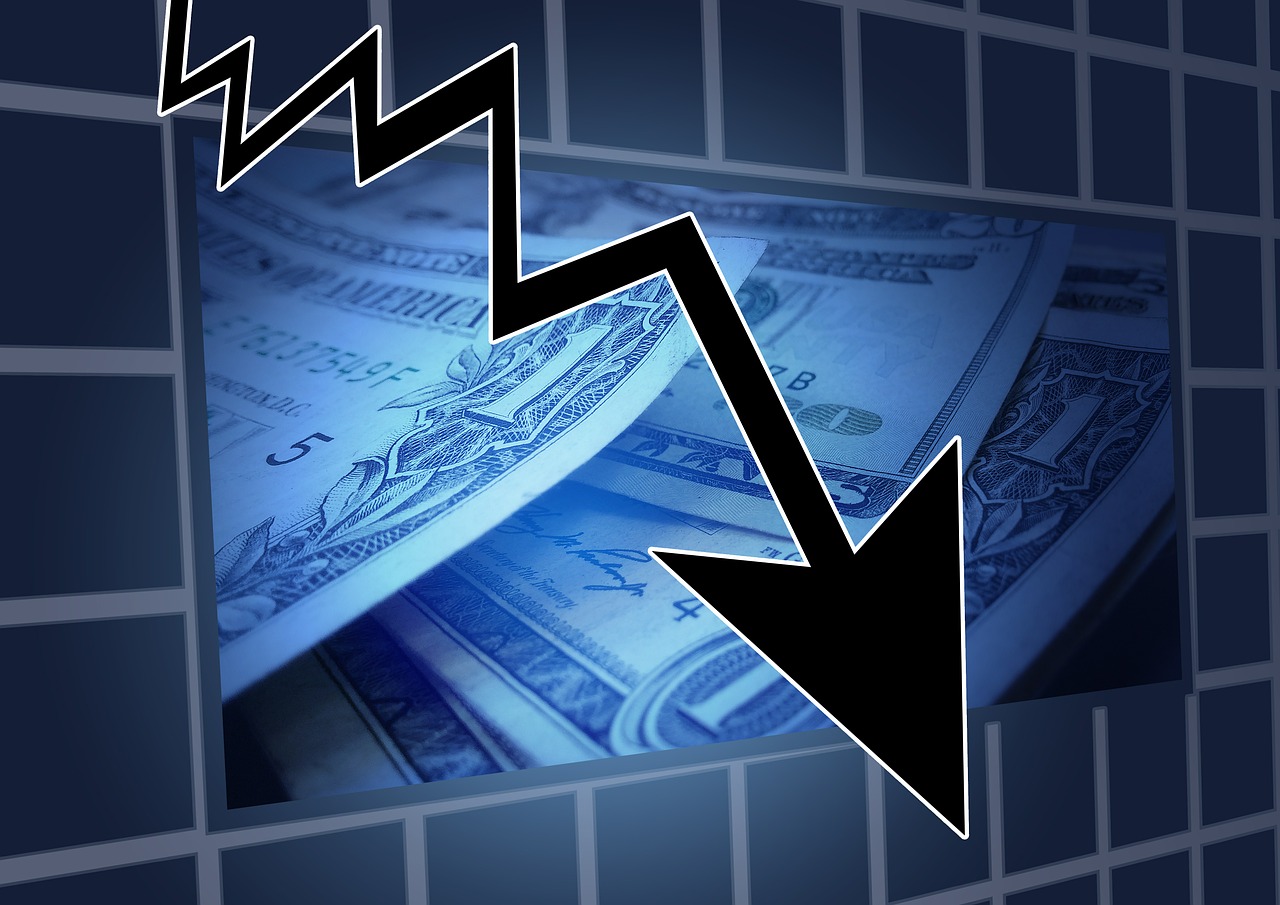Don’t worry, I’m not here to talk about the Coronavirus. We are getting enough of that from TV and the internet these days. However, I would like to focus on one particular issue that this most recent emergency in our country has brought forward for many Americans: a financial crisis.
We are all well aware of the roller coaster the stock market has taken with no real idea of when and where it may end. Retirement accounts and 401K’s have lost tens and even hundreds of thousands of dollars in a matter of days for the average American. That is indeed a scary thought, especially if you are close to retirement age. It may in fact keep some from taking a retirement when they had planned. Here is a story of one such individual:
A few weeks ago I started working with a good friend regarding her retirement. She was not sure if she had enough saved but was now finding herself in a situation at work where they were making not so subtle hints about it being time. It wasn’t that she didn’t want to retire, it was the uncertainty of did she have enough saved?
We spent time going over her savings, her 401K, talking with a Medicare expert, and putting together a new budget on her fixed income. After making a few changes and calling to see about getting better deals on other utilities, she felt comfortable enough to go ahead with retirement and set a date of June 1st … and then the Coronavirus hit. Her 401K took a massive hit in only a matter of a few days. Enough that retirement didn’t look possible anymore.
In looking at her 401K closer, it was discovered that she had not changed her investment risk since she had signed up for the 401K, over 20 years ago. Her investments were very aggressive and took a massive hit in this up and down market. So much so, that at age 72, it basically took retirement off the table.
I wish this was the only story I have heard like this, but it is not. It’s actually a very common tale. Remember 2008? These same stories were being told with that financial crisis that wiped out over 40% of the market. Many baby boomers had to put off retirement after watching their life savings get cut in half in a matter of months. So the question is, how do we keep this from happening?
It’s all about risk and diversification. Risk is something that is very personal and will be different for each individual. Some are gamblers and will “let it ride,” while others cannot sleep after they see the stock market dip a few hundred points. It’s essential to find your own personal risk tolerance for investing and stay within those bounds. Rutgers University came up with an Investment Risk Tolerance Quiz. If you are curious, follow the link below and take the quiz and see where you stand. This can be a great place to start when talking with a financial advisor about what types of investments would be right for you.
Investment Risk Tolerance Quiz – Rutgers University
Risk is also something that should be adjusted over time. When you are younger (20’s, 30’s, 40’s), you can afford to be more aggressive with your investments because you have time to recover. However, as you start to age a bit, it may be time to start shifting your investments into more conservative areas. Again, this is where a financial advisor is great to help you make those determinations. If the woman from the above story had shifted her investments as she aged, her losses would have been greatly minimized with this sudden downturn and retirement would still be an option.
Diversification is just a matter of spreading out your risk across many different types of investments. I actually had an investment a few years back that the SEC came in and shut down. Currently it is being managed by a trustee while investors wait to see just how bad the loss will be. Now, needless to say, I was not happy about the loss I was looking at on this investment, but it was not the end of the world. I have other investments in my retirement portfolio. However, there were many in that room that this investment was their life savings, and now it may be gone. I was heartbroken for these individuals as many were already at retirement age.
It’s essential to have balance, both in life and your financial portfolio. Find your risk level and stay within those levels. Investing for retirement is a long-term strategy and, if well maintained over the years, can set you up for a wonderful and worry-free lifetime.
Check out the Investment Pyramid: Risk/Return Trade-Offs
https://www.smartaboutmoney.org/Courses/Money-Basics/Investing/Determining-Your-Risk-Tolerance
https://www.investopedia.com/articles/pf/07/risk_tolerance.asp












